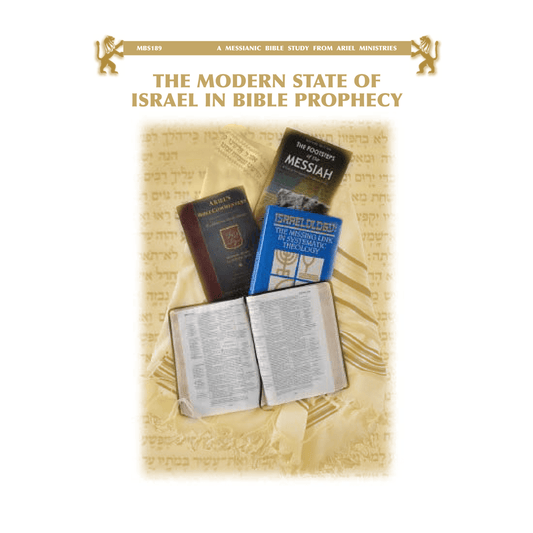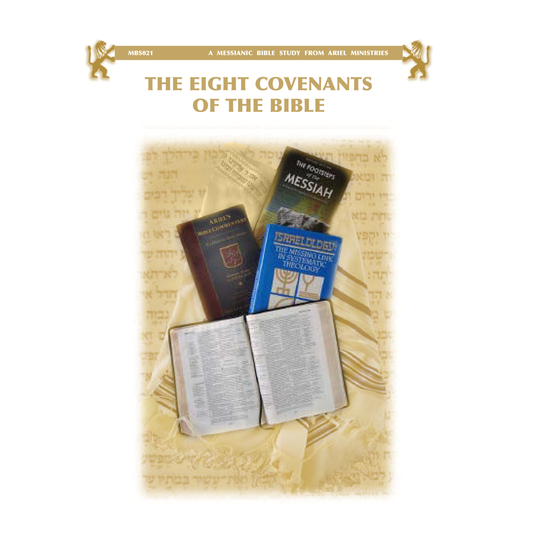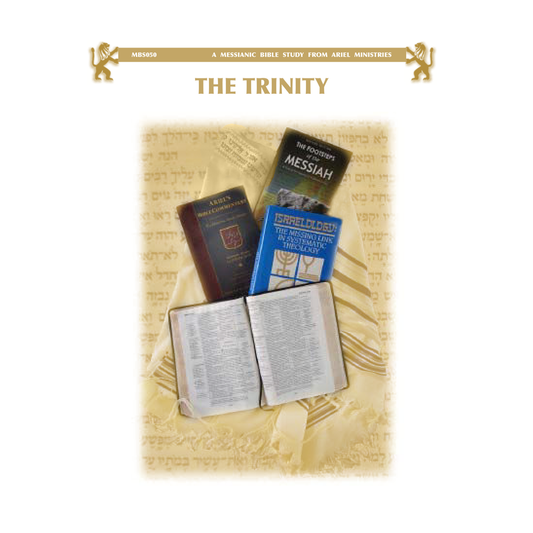Q: The literal reading of Joshua 21:43, where “the Lord gave to Israel all the land He swore to give to their fathers” (ESV), seems to imply that the land promise has been completely fulfilled. What is the correct reading of this verse, and does this reading mean we are breaking dispensationalism’s own historical, grammatical, and literal hermeneutic as the Reformed covenantal amillennialists claim?
A: It is very common for all forms of replacement theology to quote Joshua 11:23 and 21:43 in support of their view. It is correct to say that dispensationalism’s hermeneutic is historical, grammatical, and literal. However, that is not the totality of the hermeneutic of dispensationalism. There are two other principles in the dispensational interpretation: First, every verse is to be taken in the context of where it is found; and second, related passages that also deal with the specific issue must be checked as well. With this in mind, let me make the following observations:
There were no chapter or verse divisions in the original autograph of any book of the Bible. Joshua 11:23 states: So Joshua took the whole land, according to all that Jehovah spoke unto Moses; and Joshua gave it for an inheritance unto Israel according to their divisions by their tribes. And the land had rest from war. After making this statement, chapter 12 continues by providing a list of all of the kings that Joshua had killed. Joshua 13:1-7 then goes on to explain that there was a large portion of the land that had not yet been taken. If you were to map out all the territory that was left, it would show that at least half of the Promised Land had not yet been taken at the time that Joshua was finished with his book.
Furthermore, according to Joshua 15:63, Jerusalem had not been taken unto this day, meaning unto the day that the book of Joshua was complete. In fact, Jerusalem was not taken until the time of David, who captured the city and made it the capital of Israel.
Another example is Joshua 16:10. This verse clearly states that at the time of the writing of this book, the Canaanites were still dwelling in the city of Gezer. A study of history shows that Gezer remained Canaanite during the whole period of Joshua, the whole period of the judges, and also the whole period of the rule of David. Only after Solomon became king did the Egyptians come in and take the city and give it as a wedding present to Solomon.
Joshua warred together with the unified Israeli army for seven years. Then he divided the land into different tribal regions and ordered the tribes to finish the conquest of their territories. Judges 1:21-36 lists one tribe after another that had failed to conquer its territory. In the end, even the tribe of Dan was unable to take most of its fertile land from the enemy and finally moved to the northern end of the country.
In Judges 2:1-5, the Angel of YHWH condemns the tribes of Israel for their failure to trust God in the conquest of the land. He declares that in light of Israel’s disobedience and lack of faith, God would stop driving the Canaanites out. A very crucial passage that most replacement theologians skip in this context is Judges 2:21-23:
21 I also will not henceforth drive out any from before them of the nations that Joshua left when he died; 22 that by them I may prove Israel, whether they will keep the way of Jehovah to walk therein, as their fathers did keep it, or not. 23 So Jehovah left those nations, without driving them out hastily; neither delivered he them into the hand of Joshua.
Verses 21-22 mention the nations that God had left in the land at the time that Joshua died. Then verse 23 becomes more specific in that it states: neither delivered he them into the hand of Joshua. The two verses that replacement theologians like to quote (Josh. 11:23; 21:43) without considering the context show a basic contradiction between what is written in Joshua and what is written in the book of Judges. Yet, when the two verses are kept in context, then it is obvious that Joshua did not take all the land because even his own book lists all the exceptions. Therefore, Judges 2:23 does not contradict the two Joshua statements because even the book of Joshua states at the end that much land had not yet been taken when Joshua died.
Dispensationalism by its very nature follows the golden rule of interpretation that you take the text literally unless the context tells you otherwise, not only in light of the context but also in light of other passages. By considering the whole context of Joshua and the later passages in Judges, it becomes clear that Joshua 11:23 and 21:43 are not final statements but rather general statements followed by a lot of exceptions, and these exceptions made up at least half of the Promised Land.





